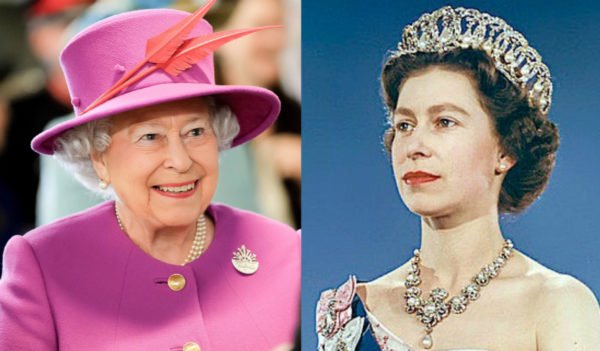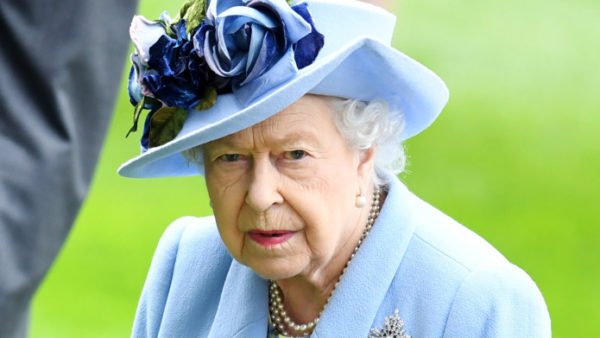
What Happens When the Queen Dies? Unusual Requests and Practices that will Take Place when the Monarch Passes
As the Queen and the royal family remain embroiled in media speculation and a real-life soap opera, there are a number of things that are not left to chance. One of these is the protocol that the media, staff and politicians follow when Queen Elizabeth II passes.

Codenamed, Operation London Bridge is the plan that takes place in the days after the death of the Queen. For other royals, other codenames are being, and have been used. For example, Operation Tay Bridge was the phrase used for the death and funeral plans of The Queen Mother. It was rehearsed in 1980, 22 years before it was needed. Prince Philip’s codeword is Operation Forth Bridge and Operation Menai Bridge refers to the funeral plan for Prince Charles.
Dan Garrett, CEO and Founder of Farewill, the UK’s number one will writing service, has compiled some of the stranger practices that will take place when the Queen dies.
“The Queen’s Private Secretary will be the first official to break the news and will inform the Prime Minister before the Foreign and Commonwealth Office’s Global Response Centre informs the 15 governments of which the Queen is the Head of State.” Says Dan. “The media will be informed through the Press Association and the BBC and according to PRI, the BBC rehearse the announcement at least once a year.” After the passing of the Queen Mother, the late Peter Sissons was heavily criticised for wearing a grey suit and burgundy tie, rather than a black suit and tie. Now, newsreaders rehearse the announcement replacing the name of the Queen with “Mrs Robinson.’

Royal funerals are normally organised by the Earl Marshall and officers of the College of Arms. Dan tells us:“The current Earl Marshall, Edward Fitzalan-Howard, the 18th Duke of Norfolk, took on the role on the death of his father in 2002 and it is the eighth highest ranking of the Great Officers of State, ranking above Lord High Admiral. He, amongst others, will be in charge of ensuring that, depending on where the Queen dies, her body is transported back to London.”

Dan continues: “Her coffin will lie in the Throne Room of Buckingham Palace before being moved to Westminister Hall to lie in state for four days. If the Queen dies abroad, her coffin will be transported by Number 32 Squadron, otherwise known as the Royal Squadron to RAF Northolt, and if she passes in Scotland, her casket will be brought back via the royal train from Waverly Station.”
For 12 days after the passing of the Queen, the BBC must not show any comedies as the monarch wants the country to be in a sombre mood. Dan says: “There are varying reports that the official mourning period will be between 10-12 days, meaning many workers are likely to stay at home. This could cause chaos to the UK economy as the stock market and banks are likely to close. Business Insider estimated that the cost could be between £1.2bn – £6bn, not taking into account of organisational costs.”











































